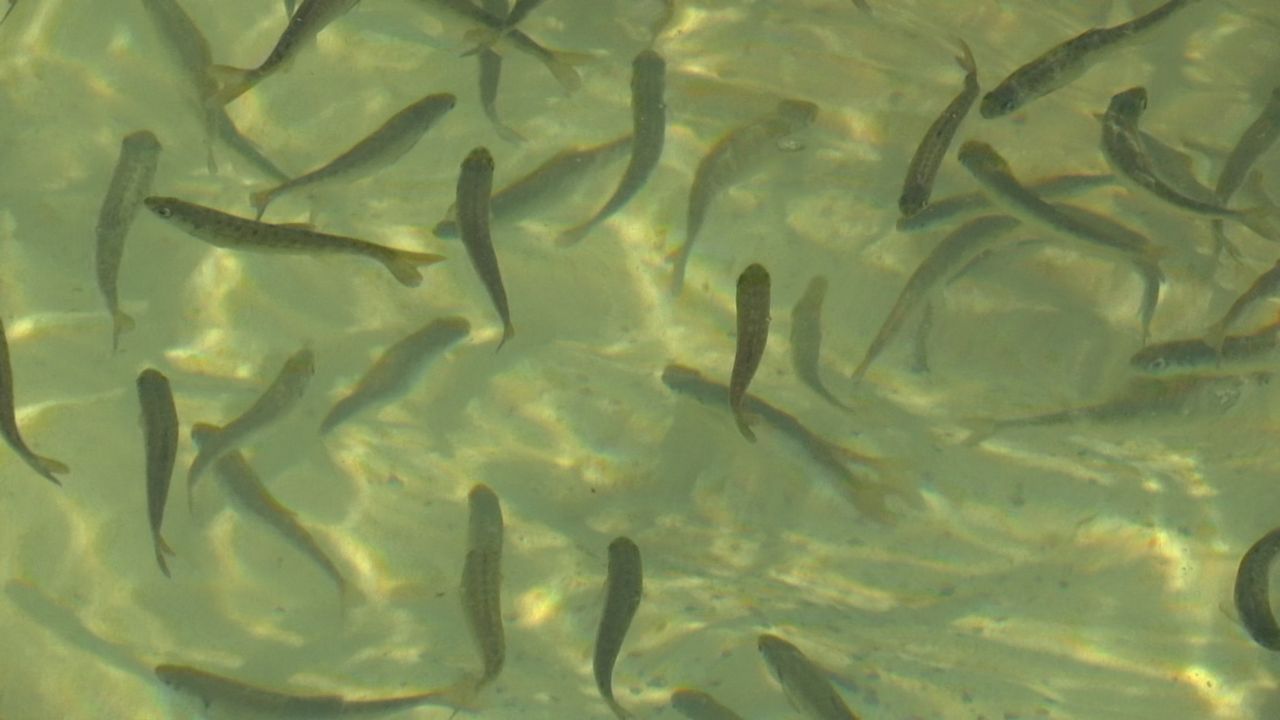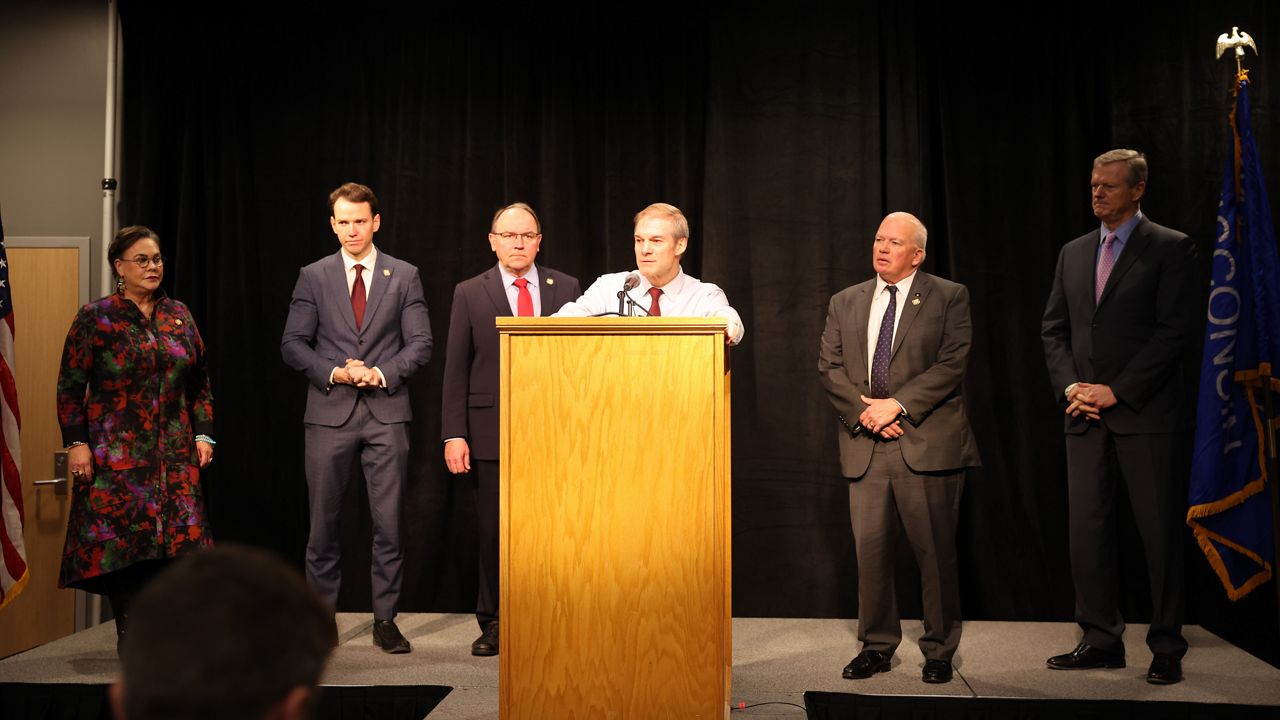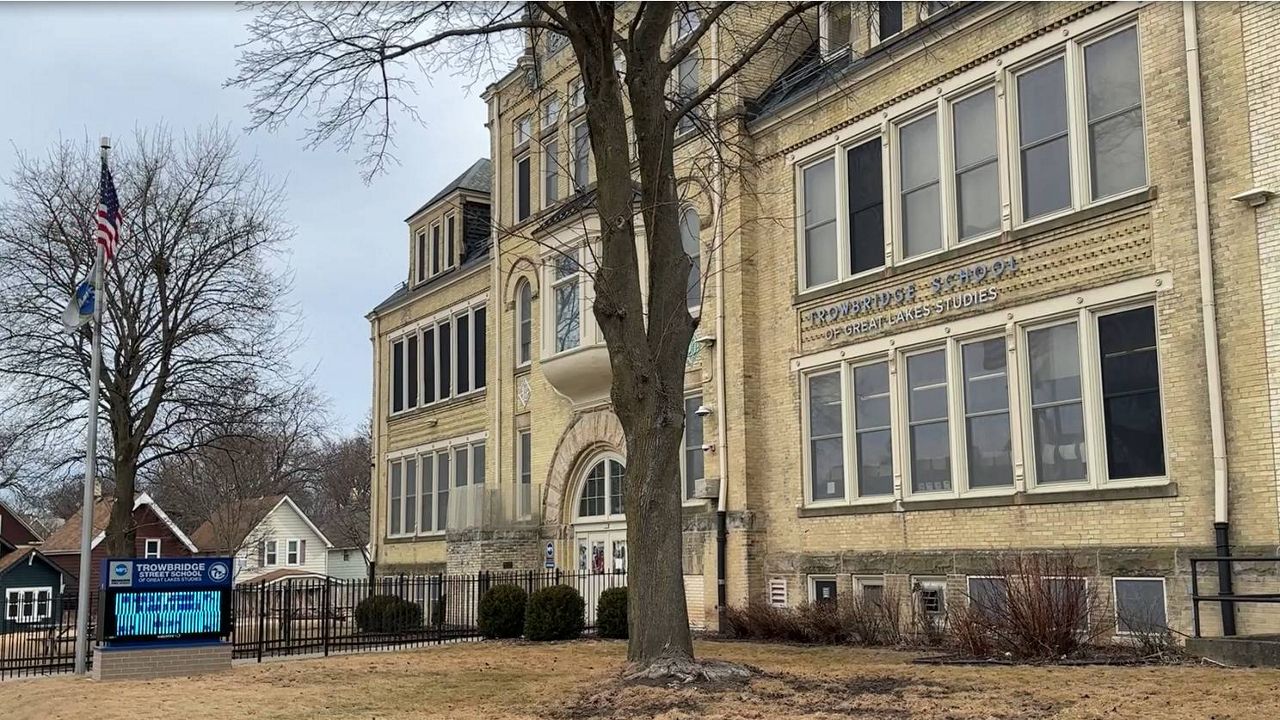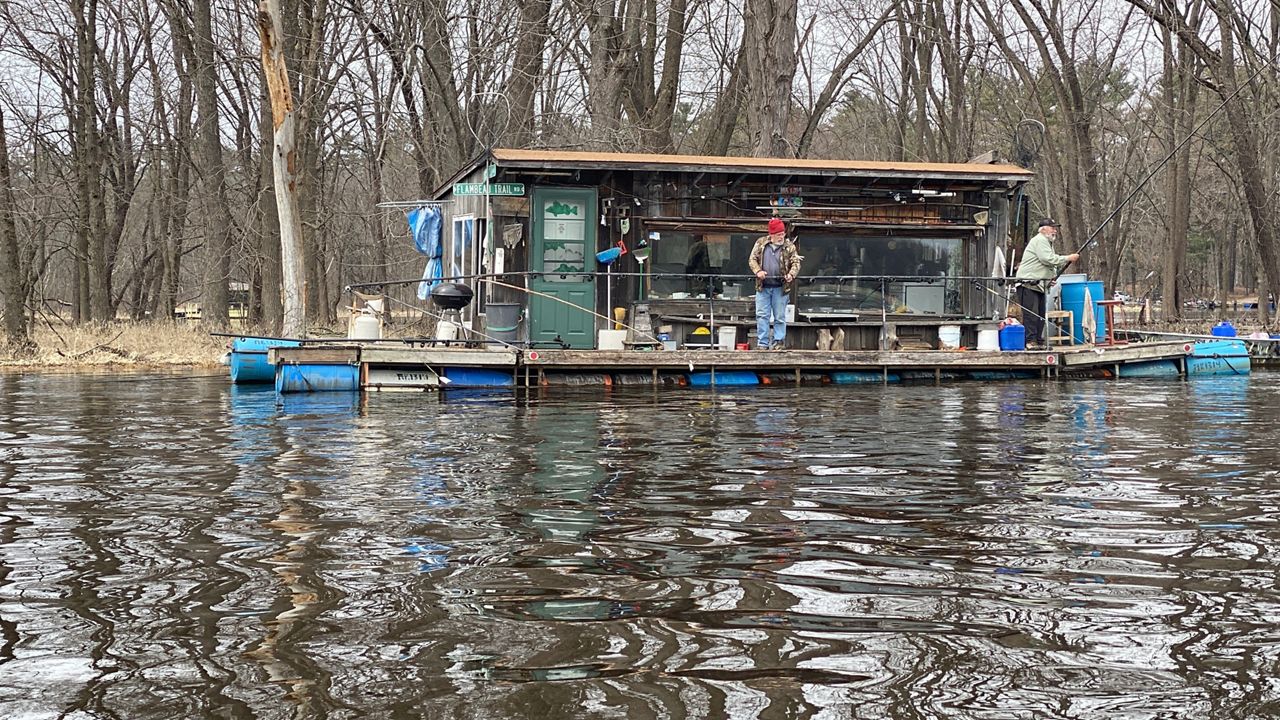WAUKESHA, Wis. — There’s a new executive director at HAWS, The Humane Animal Welfare Society of Waukesha County.
Lynne Olenik, the longtime leader of the organization, announced her retirement at the end of July. She had served as executive director for 20 years.
“It was hard walking out the door,” Olenik said. “We accomplished a lot, but it is time for others who are more mobile and more energetic to take the torch and run.”
Before joining HAWS in 2004, Olenik’s experience was at very small animal shelters. She remembers being hit with the scope of what HAWS does on her very first day.
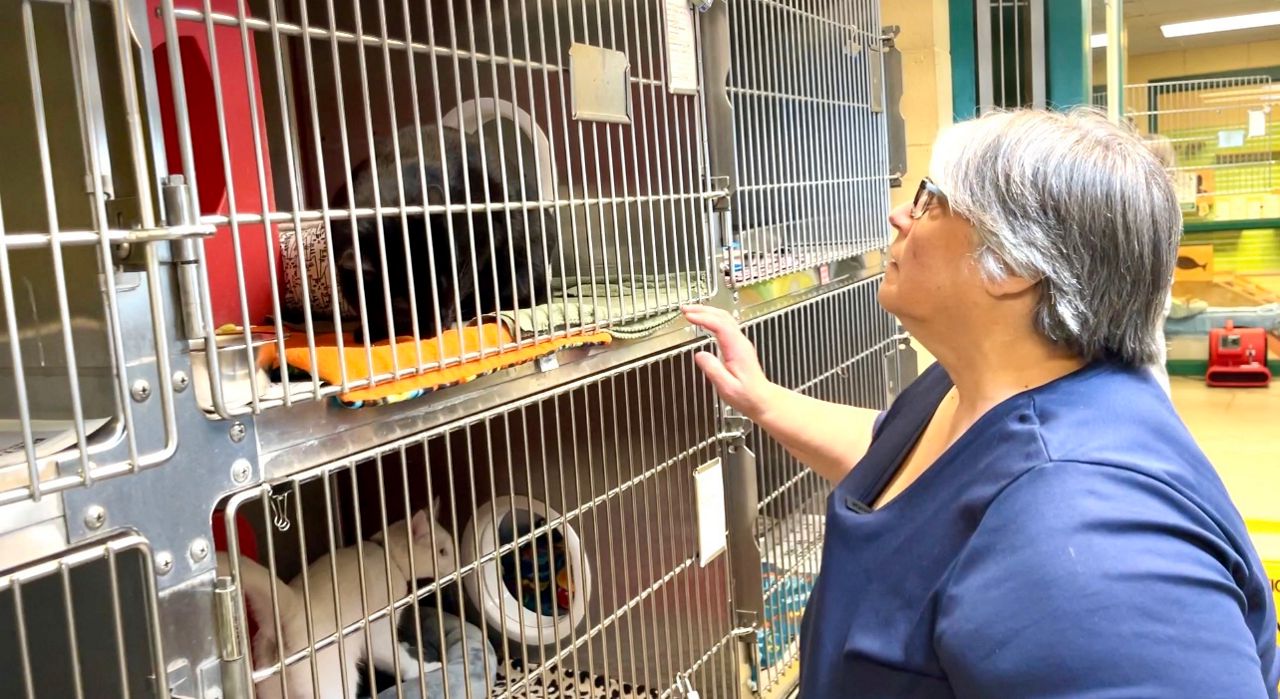
“I think that day we took in 42 animals, and it was a Tuesday,” she said. “That would have been what we took in, in one month in one of the other shelters.”
Olenik said she is proud that on her watch, fundraising, the number of volunteers, animal adoptions, community education programs and the HAWS building, expanded. This allowed HAWS to gain “no-kill” status, while maintaining open admissions for animals in need.
Going forward, HAWS and its more than 100 employees and 300 regular volunteers will be led by Maggie Tate-Techtmann. Tate-Techtmann started with the organization in 2018 as HAWS director of organizational development.
Tate-Techtmann said she knows Olenik leaves big shoes to fill.
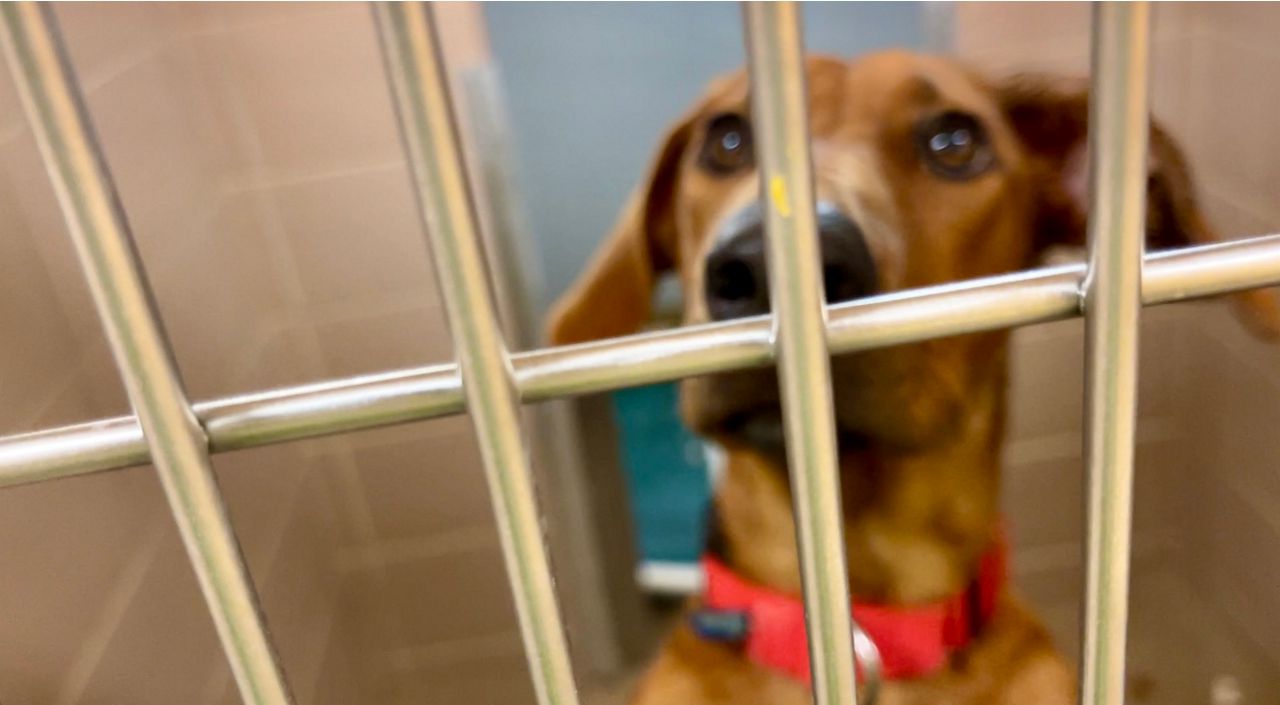
Among developing many partnerships with other shelters and corporations, Olenik helped create HAWS’ Behavior Department and Mobile Adoption program. She also grew the Spay-Neuter Initiative and spearheaded the Project Guardian and Seeking Sanctuary community cat programs. Most recently, Olenik directed the opening of the HAWS Schallock Center for Animals. The center, on a farm in Delafield, is for learning and respite.
Tate-Techtmann said she is determined to carry this legacy forward. It comes amid increased challenges for animal shelters.
“We see animals coming to us with a higher need and staying for a longer time,” said Tate-Techtmann. “We are really wanting to make sure that our enrichment programming is really robust and that we are working with foster care programming so we can give animals many options while they are waiting for that forever home.”
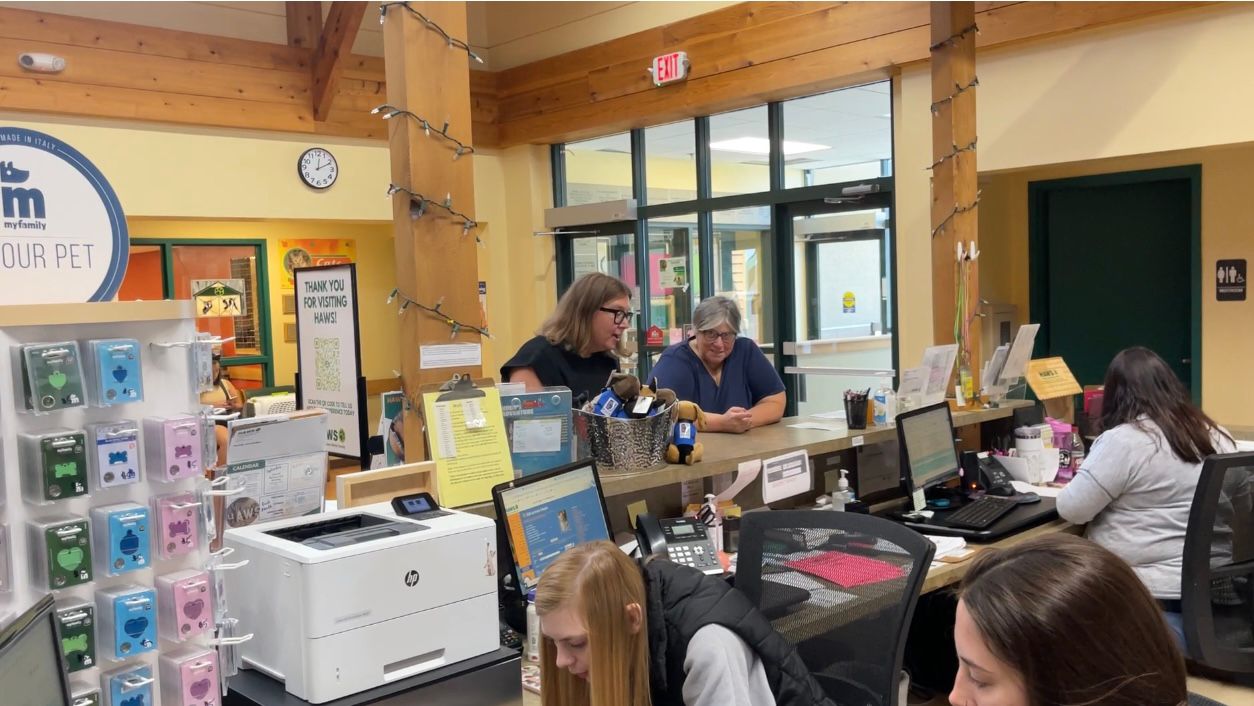
Both Tate-Techtmann and Olenik said they agreed the focus will always be on finding healthy homes for as many animals as possible and as quickly as possible.
“They (the animals) give you their best every day,” Olenik said. “It doesn’t matter what they’ve been through. They’re so resilient. They give you their best and they have no choices. I hope they all find homes, and I hope that we are always here to help. I would really like to see the length of stay of the animals turn over much quicker.”







